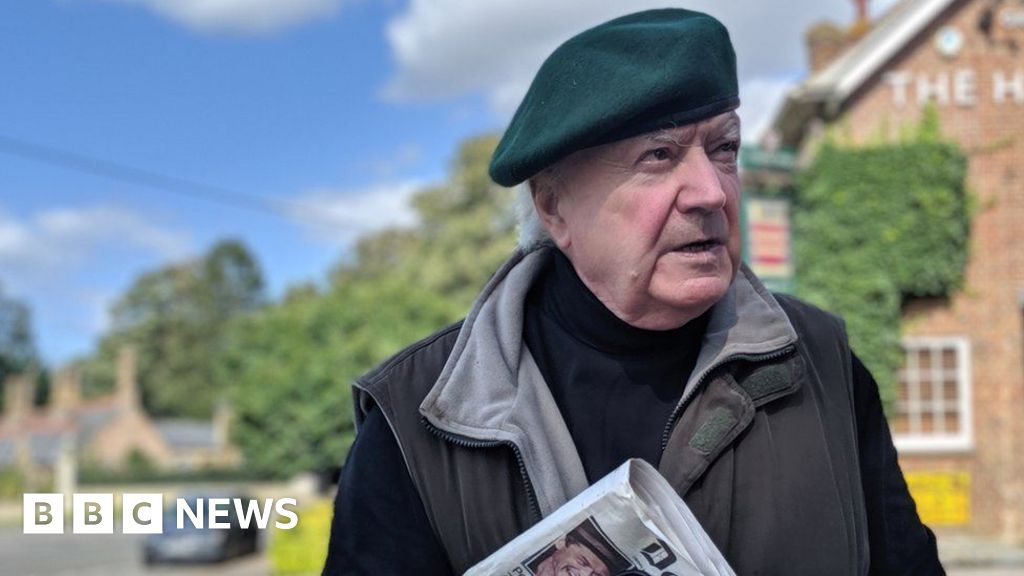BBC News, Norfolk
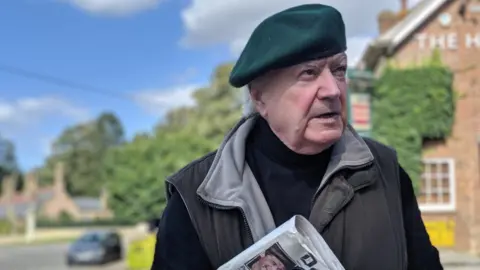 BBC
BBCConvicted killer Tony Martin, who shot dead a teenage intruder in his home in 1999, has died at the age of 80, a family friend has said.
The killing of 16-year-old Fred Barras at Martin’s Norfolk farmhouse was hugely controversial at the time, with the country divided over whether his actions were pre-meditated, or simply a farmer defending himself and his property.
Martin was jailed in 2000 for the boy’s murder, and for injuring another man, 29-year-old Brendan Fearon in the same incident, before being released three years later after the murder conviction was reduced to manslaughter.
His friend, Malcolm Starr, said Martin died on Sunday afternoon shortly before 15:00 GMT after suffering a stroke a few months ago.
He was surrounded by close friends when he died at Wisbech Hospital in Cambridgeshire, Mr Starr said.
Martin lived on his own at his sprawling, semi-derelict farmhouse in Emneth Hungate, near Wisbech on the Norfolk/Cambridgeshire border at the time of the incident.
On the night of 20 August 1999, the pair entered his home, in an isolated part of the village, with the intention of burglary.
They had travelled from Newark in Nottinghamshire that evening to raid the property, called Bleak House, where Martin stored antiques.
The farmer heard them, came down from an upstairs bedroom and opened fire with a pump-action shotgun.
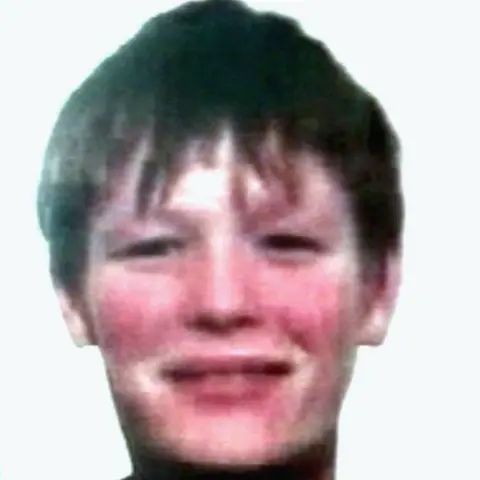 Shutterstock
ShutterstockFred died at the farm while Fearon was treated in hospital for his injuries.
Martin was arrested and charged with murdering the boy.
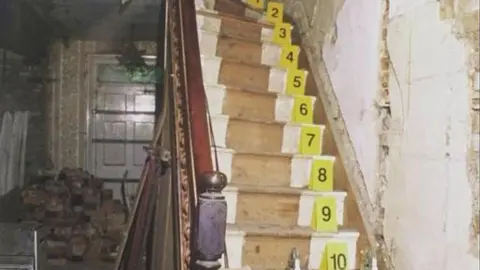 PA Media
PA Media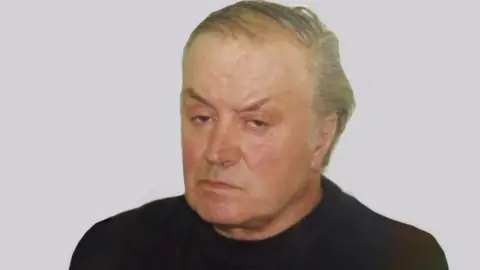
At his trial, Martin claimed to have been acting in self-defence while prosecutors argued he had anticipated the pair and lay in wait for them.
The case attracted huge public attention, with Martin’s supporters casting him as a man taking a stand to defend his home and others seeing him as a violent eccentric who turned vigilante.
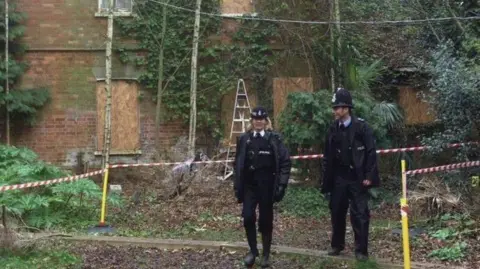 PA Media
PA MediaMartin was convicted of murder and jailed for life in April 2000, with 10 years to run concurrently for a wounding offence and a further 12 months for possession of an illegal firearm.
The charge was later downgraded to manslaughter on grounds of diminished responsibility after a diagnosis of paranoid personality disorder, and he was released in 2003.
In 2013, the Crime & Courts Act gave people a “householder’s defence” if they used “reasonable” force against an intruder that was not “grossly disproportionate” – a change in the law that was influenced by the Tony Martin trial and other similar cases.
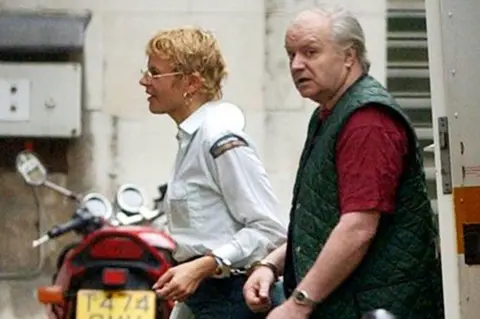 PA Media
PA Media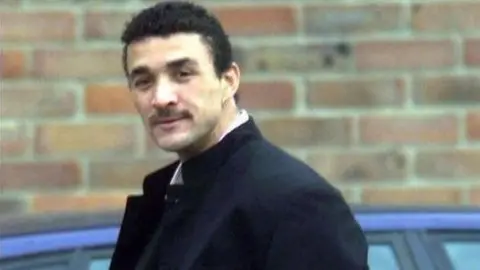 PA Media
PA MediaMartin always maintained he had acted in self-defence.
Speaking to the BBC in 2019, some 20 years after the incident, Martin said: “I’ve always said when people get into exceptional circumstances which are beyond the norm, the law should leave you alone.
“You should be protected in law against these things.”
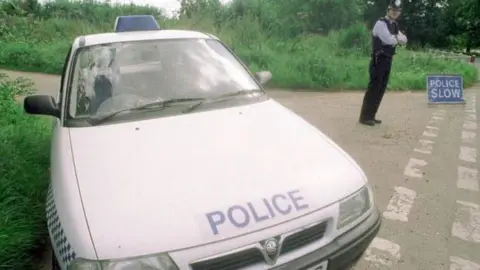 PA Media
PA MediaMr Starr, who first came to know Martin shortly before the Bleak House incident, said: “He turned up one day at my office in Wisbech, in a tractor, to talk about the closure of a police station. Not many people turn up in tractors.
“I thought he was a bit of an oddball, but it was an interesting meeting.”
The pair kept in touch throughout the incident, the trial and beyond.
“If [Tony] had said sorry, he’d have been released sooner,” he added.
“But he refused and that’s what kept him in prison. He couldn’t lie – that’s my opinion.”
Mr Starr, now 74, said it was important that people should see both sides of Martin.
“I found him very honest,” he said.
“He couldn’t lie despite what some believed, and I think many police officers at the time thought the same. He was quite a character and deserves some good words.”
Following his release from prison, Mr Starr said that Martin became “quite depressed” and lived in cars, a barn and a rented house before his health declined.
Bleak House, he said, while already considered in a bad state of repair in 2000, was now “shuttered up and rotting away even more”.
“It will no doubt soon collapse,” Mr Starr added.
#Tony #Martin #killed #burglar #Norfolk #farmhouse #dies
Source link
